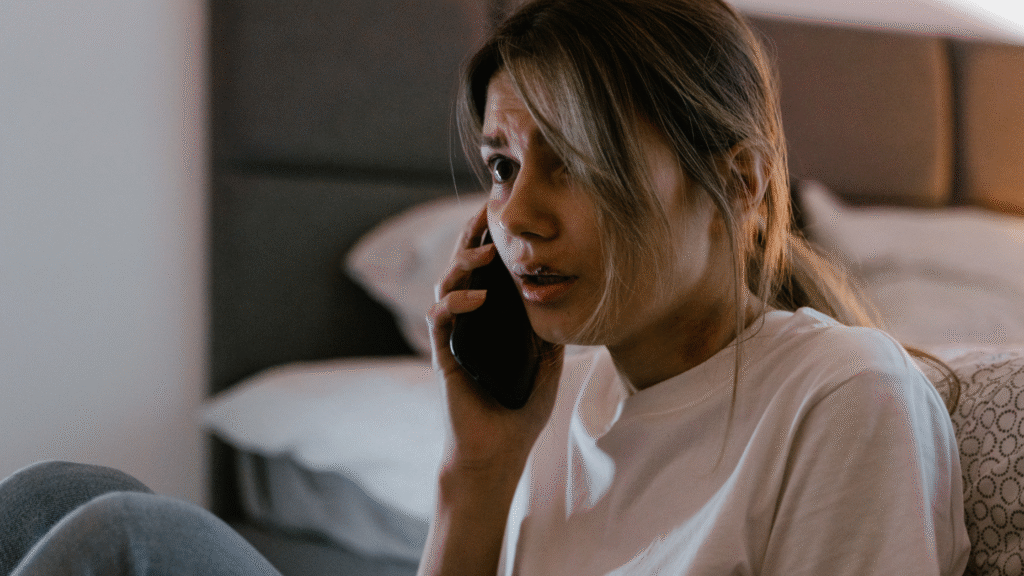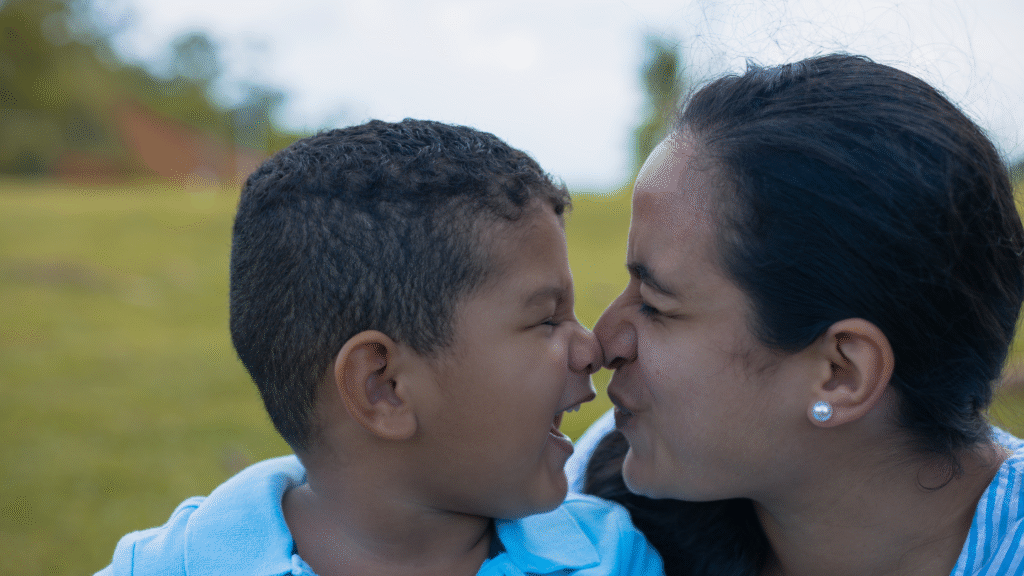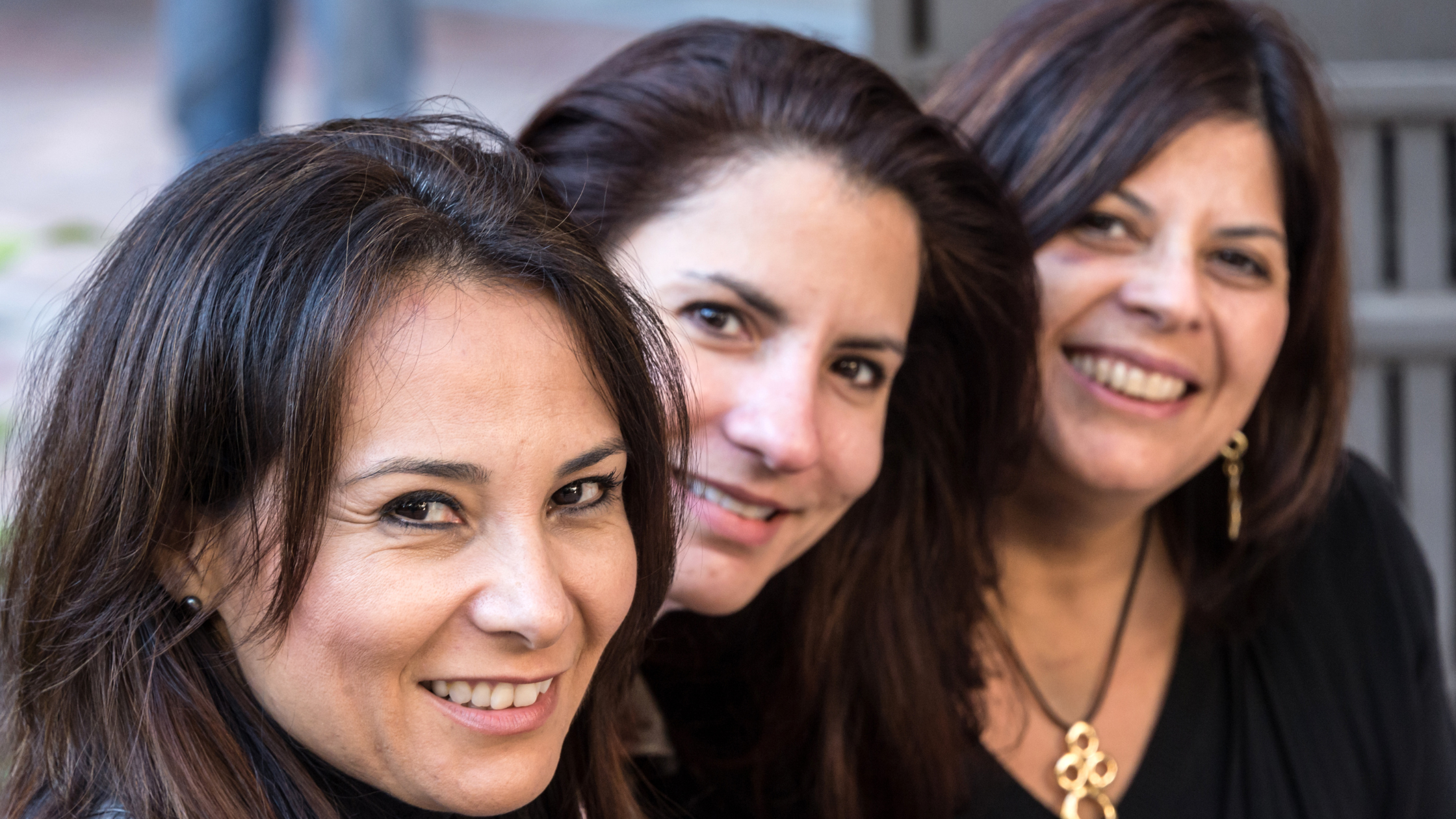The Human Side of Immigration Law
When people think of immigration law, they often picture paperwork, interviews, and courtrooms. But for me, immigration law is about people; real women whose lives have been shaped by courage, survival, and the hope for a future free from fear. Through years of advocacy, I’ve seen how the right immigration options for abused immigrant women can transform fear into freedom and hope into reality.
Many of the most inspiring women I’ve met are Latina women from Mexico, Guatemala, Honduras, El Salvador, Colombia, and beyond. They came to the United States with dreams of safety and opportunity. Some were fleeing abusive marriages. Others were escaping religious or cultural persecution. A few were victims of human trafficking disguised as “family arrangements” or “work opportunities.”
Abuse doesn’t always look like bruises. Often, it takes the form of control over money, movement, immigration status, or even the ability to speak with friends and family.
Finding Safety Through VAWA Immigration Protections

I once met a woman from Michoacán, Mexico, who came to the U.S. with her husband, believing she’d be starting a better life. Instead, she found herself trapped in their apartment, not allowed to work, not allowed to leave without his permission, and constantly told that she was nothing without him. When she thought about leaving, her relatives back home urged her to aguantar, to endure it for the sake of the family’s reputation.
We helped her file for VAWA (Violence Against Women Act), a law that allows victims of abuse by a U.S. citizen or permanent resident spouse or family member to apply for legal status without the abuser’s involvement. Today, she has her work permit, supports her children, and is building a life where her voice matters.
When Love Turns Into Trafficking: The Power of the T Visa
Some cases are even more hidden. I worked with a young woman from Oaxaca, Mexico, who came to the U.S. expecting a loving marriage. Instead, she was forbidden from working, monitored constantly, and threatened with deportation if she didn’t obey.
Her story echoed that of another client, a teenager from Honduras, who had crossed the border believing she would work for distant relatives. In reality, she was trafficked into forced labor, working long hours without pay and with no freedom to leave.
For these survivors, we pursued T visas, a form of immigration relief for victims of human trafficking. A T visa not only provides legal status and work authorization but also opens the door to a green card and permanent safety. These women are now rebuilding their lives, free from the people who exploited them.
Culture as Strength, but Sometimes as a Barrier

Culture is often a source of pride and identity. In Latino communities, values like machismo and familismo can foster strong family bonds. But for many women I’ve represented, these same values were twisted into tools of control.
I’ve met women from Guatemala, El Salvador, and Colombia who were told that speaking out against abuse would “dishonor” their families. Some were hidden from the outside world, forbidden from learning English, or threatened with losing their children if they left.
One Guatemalan client had been isolated for years in Chicago, entirely dependent on her husband for transportation, money, and even permission to call relatives. Through VAWA, we secured her legal status, ensuring she could stay in the U.S. independently. Today, she attends English classes, works, and is raising her children in safety.
How VAWA and T Visas Protect Survivors

Both VAWA and T visas are vital immigration options for abused immigrant women trapped in abuse or exploitation:
- VAWA protects survivors of abuse by U.S. citizens or permanent residents, allowing them to apply for a green card without the abuser’s knowledge or consent.
- T visas protect survivors of human trafficking, offering legal status, work permits, and eventually permanent residency.
These laws recognize that abuse and trafficking are not “family matters” or “private issues.” They are human rights violations that demand legal action.
Every approval I’ve won for a client means more than just a change in immigration status. It means a mother sleeping through the night without fear of someone pounding on her door. It means a survivor walking to work with her head held high. It means a woman reclaiming her voice after years of silence.
Conclusion: Standing with Latina Women

Latina women are strong, resourceful, and resilient. But no one should have to be strong just to survive. In Chicago and across the country, we must continue to ensure that cultural traditions are celebrated when they empower, and challenged when they harm.
VAWA and T visas are not just legal tools. They are promises that abuse, control, and exploitation will never define a woman’s worth or limit her future.
If you or someone you know is facing abuse, exploitation, or threats tied to immigration status, you do not have to face this alone.
📞 Call us today at 630-504-0648 or schedule a confidential consultation with Attorney Farrah.
📰 Sign Up for Our Newsletter: Receive weekly immigration news and free toolkits.
📱 Follow us on Facebook, Instagram, and LinkedIn.
Every woman deserves to live free from fear, and we are here to help make that possible.

